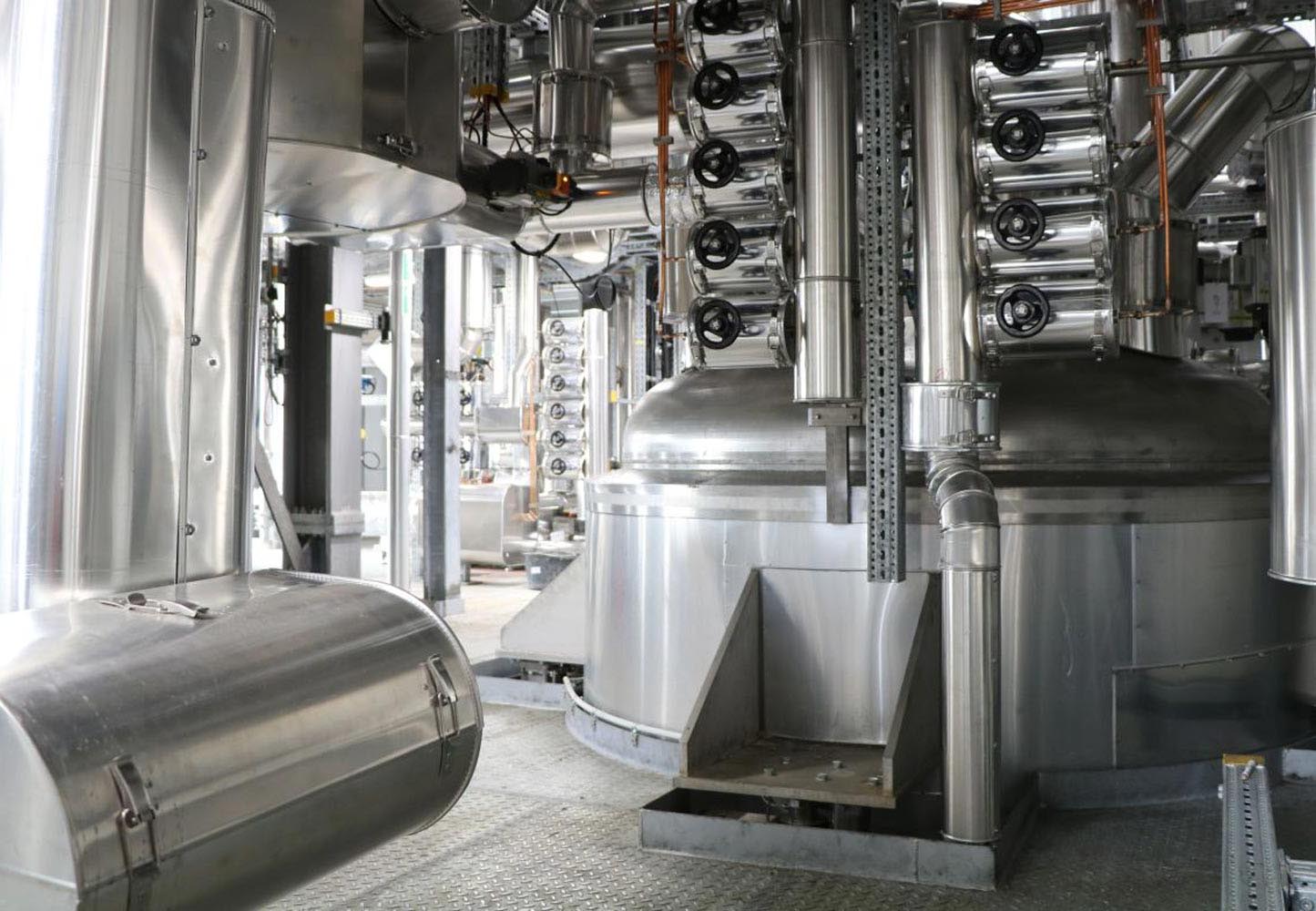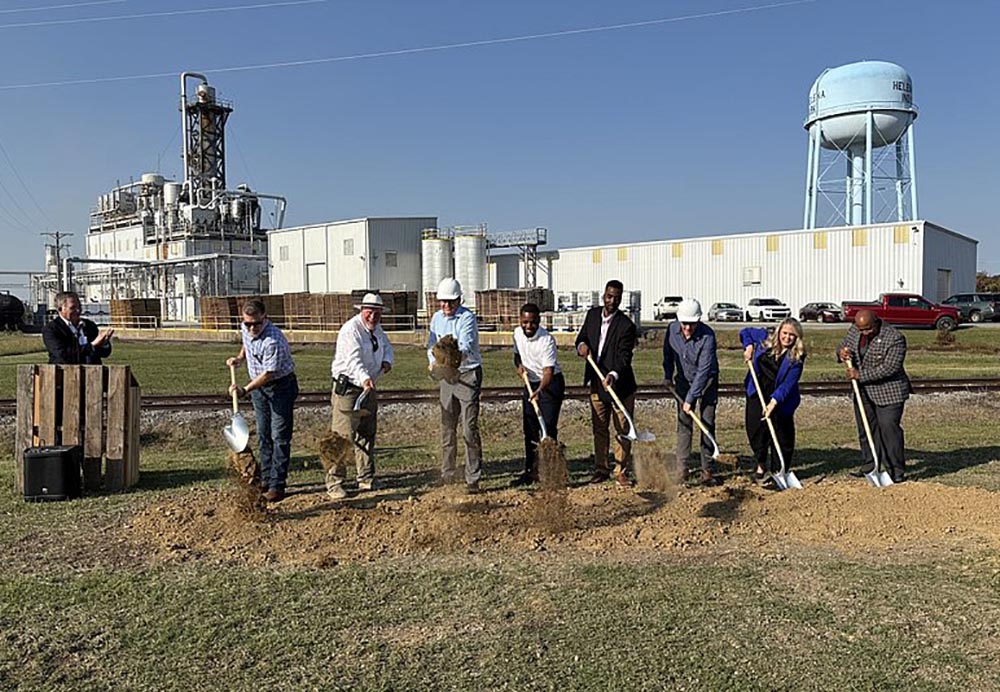
Peter Greven expands ester production to meet demand for sustainable lubricants
In an industry increasingly focused on sustainability, Peter Greven GmbH & Co. KG is positioning itself as a key player in the bio-based esters market. Denise Haas, marketing, shared insights into the company’s growth, the role of esters in sustainable lubrication, and the challenges of distinguishing between “natural” and “synthetic” products.
Peter Greven specialises in the production of oleochemical derivatives. Founded in 1923, Peter Greven is headquartered in Bad Münstereifel, near Cologne, Germany, and operates multiple production sites in Germany, the Netherlands, and Malaysia. The company has also expanded its presence globally, including in the United States, where it operates Norac Additives following a key acquisition in 2017.
Expansion and market trends

According to Haas, Peter Greven has not observed significant new production capacity from its competitors over recent years. “Everyone is trying to utilise the capacity they already have,” she said. However, she noted that esters are becoming an increasingly important part of the lubricant industry, particularly as the sector shifts towards more sustainable and bio-lubricants. Recently, the company announced that Norac Additives will build a new esterification line in Helena, Arkansas, U.S.A.
While esters remain a niche segment, their growth has been remarkable. “Esters are still a very niche application, but it’s growing significantly,” Haas noted. The company’s Arkansas facility is designed to produce solid and liquid esters, marking an expansion into the U.S. market. “We will focus on the lubricant industry as part of our U.S. business, making it a key focus for the new line.”
The project is expected to be completed by the end of 2025.
Ester applications in lubricants
In the lubricant industry, esters are primarily used as base oils, but they can also serve as additives. Compared to mineral oils, esters offer advantages such as improved evaporation loss and viscosity, making them a desirable alternative for specific applications. “Esters perform very well as a base oil, but for some formulations, they are used as an additive to improve certain characteristics like evaporation loss,” Haas explained.
The company produces polyol and complex esters, with the production run time varying based on the specific product. “Production time depends on the raw materials and the viscosity class, which influences how long it takes to produce a batch on the line,” Haas added.
The natural vs. synthetic debate
One of the challenges in the industry is the lack of a clear definition of “natural” versus “synthetic” esters. “There is no specific definition throughout the industry,” Haas said. Some companies, including Peter Greven, produce esters derived from plant-based fatty acids, but these are sometimes still referred to as synthetic due to the esterification process. “Both natural and synthetic terms are used, and for some, esters count as synthetic products despite their vegetable-based origins.”
This ambiguity extends to the broader debate on the carbon footprint of natural versus synthetic esters. Haas noted that Peter Greven has conducted a life cycle assessment (LCA) comparing one of its commodity esters to a fossil-based equivalent. The study, conducted with the Nova Institute and verified by external reviewers, showed that using LIGALUB 19 TMP, a polyol ester based on palm kernel fatty acid, resulted in a 15.8% reduction in greenhouse gas emissions compared to its fossil-based counterpart, Diisotridecyl adipate (DITA). When biogenic carbon uptake—carbon stored by plants during biomass growth—was factored in, the emissions reduction increased to 45.7%. Further emissions reductions of up to 61% can be achieved by using RSPO-certified raw materials, demonstrating the critical role of sustainable sourcing.
RSPO-certified raw materials refer to materials that have been certified by the Roundtable on Sustainable Palm Oil (RSPO) as being produced according to strict sustainability standards. The RSPO is a global organisation that promotes the sustainable production of palm oil by ensuring that palm oil and its derivatives (like palm kernel oil) are sourced in a way that respects the environment, workers’ rights, and local communities.
Future focus
Looking ahead, Peter Greven is poised to expand its operations in the U.S. and build on its European success. The company currently has a subsidiary in Malaysia, though it does not produce esters there. “Our business focus is mainly in Europe and will expand to the U.S. with the new plant. In Malaysia, we primarily produce metallic stearates, alkaline soaps, and dispersions,” Haas said.
As the demand for sustainable lubricants grows, Peter Greven aims to continue its innovation in bio-based esters, providing environmentally friendly alternatives to traditional petroleum-based lubricants.








